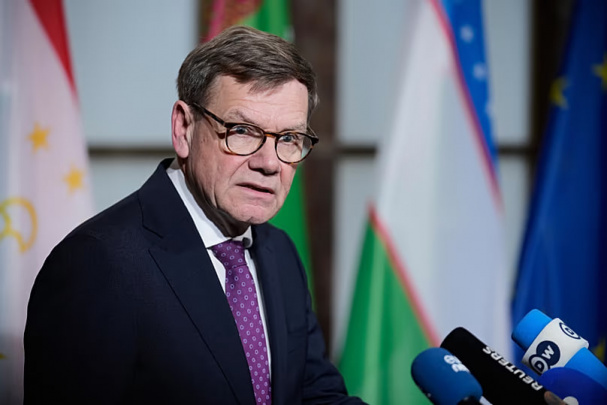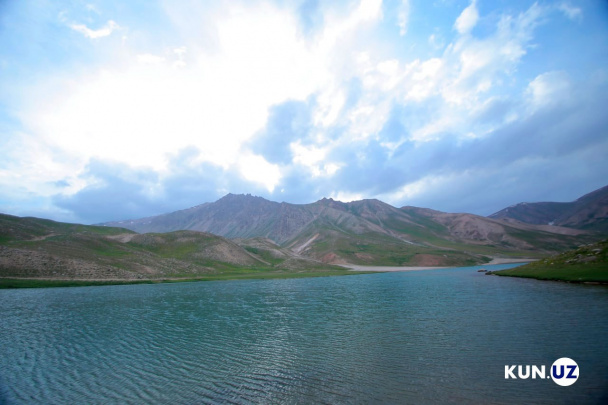New EU Strategy for Central Asia to be presented in May

Фото: EPA
The new EU Strategy for Central Asia will be presented on May 15. Boris Yaroshevich, Head of the Central Asia Department of the European Diplomatic Service, said this during his speech at the 16th meeting of the RK-EU Parliamentary Cooperation Committee, Kazinform reports.
“The strategy will have two main sections. The first (section) will be related to sustainability. It will cover topics on the rule of law, security issues, environmental protection, climate change, education and youth,” said Yaroshevich.
“The second block will be associated with prosperity and well-being in Central Asia. It will mainly focus on reforms, private business development and interconnectedness (Europe and Asia),” he added.
According to the diplomat, Kazakhstan “will play an important role” in the EU Strategy for Central Asia. This document will cover a ten-year period and will help define cooperation programs in the region.
“Human rights issues (in strategy), of course, will be of great importance,” the speaker emphasized. “We are going to publish this strategy on May 15th.”
“After publication, the EU member states will have to approve the document in June. In early July, we will have a regular meeting between Mrs. Federica Mogherini and the foreign ministers of Central Asia, where this strategy will be officially presented and discussed,” Yaroshevich said.
The main goal of the new strategy, he noted, is to deepen the EU partnership with the countries of the region, taking into account recent changes. “The first strategy was introduced in 2007, but now a lot has changed in Central Asia. We take this into account in our document,” said the representative of the European Diplomatic Service.
“The focus in the strategy will be on multilateral relations. There are common tasks in Central Asia that are better solved at the regional level,” he stated. The EU believes that many important issues in Central Asia, such as border management, the fight against drug trafficking and the regulation of water resources, are more effectively addressed at the interregional level.
Related News

12:11 / 13.02.2026
Germany urges Central Asian states to comply with Russia sanctions

14:36 / 26.01.2026
Central Asia and Russia agree on joint energy cooperation platform

11:17 / 24.01.2026
World Bank approves $1 billion program to create Central Asia’s first regional electricity market

20:13 / 19.01.2026




